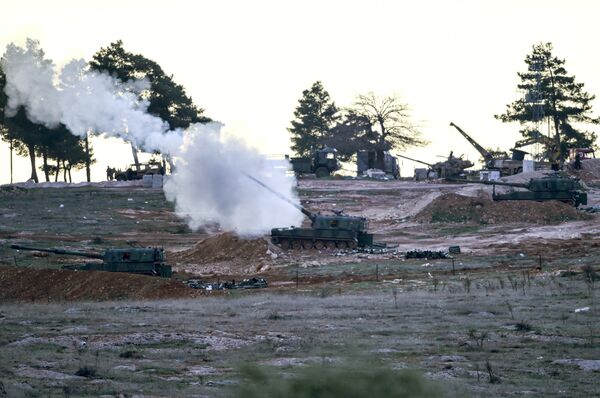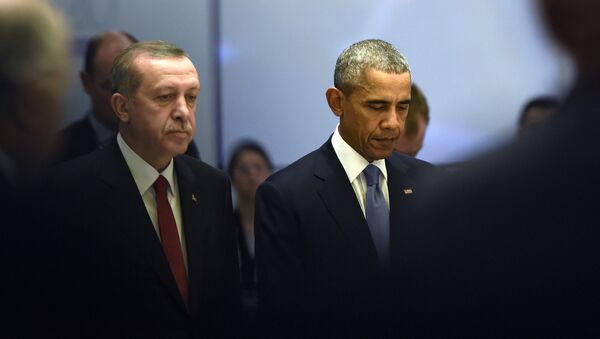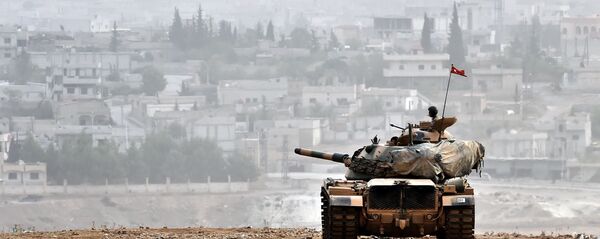Yet Barack Obama urged Recep Tayyip Erdogan to refrain from taking any drastic action against the Syrian Kurds in an 80-minute telephone conversation on Friday following a bombing attack, which claimed the lives of 28 people in Ankara.
"Obama has a far more acute sense than most other politicians about the ease with which the US, or any other foreign power intervening in Syria, Iraq or Afghanistan, can become plugged into local confrontations and disputes," Irish journalist Patrick Cockburn explained.
Turkey and Saudi Arabia have both stated that they are ready to send ground troops to the war-torn Arab country if Washington gives the initiative a go. Some say that those are verbal threats that will not be followed by a real campaign, but Cockburn is not fully convinced.
"Turkish and Saudi policy on Syria has hitherto been full of threats and bombast, but it is dangerously mercurial and some form of military action cannot be ruled out, even if it is opposed by the US or Russia," he observed.

Indeed, the Turkish army continued to shell the Kurdish People's Protection Units (YPG) across the border with Syria. The shelling, decried by Russia as "unacceptable," was launched on February 13 in what Turkish Prime Minister Ahmet Davutoglu called a retaliatory measure.
Despite promises, Ankara has repeatedly failed to seal the border, which Daesh and other extremist groups have used to smuggle weapons, fighters and supplies to the Syrian battlefield. As a result, Washington has enlisted the YPG support to cut terrorists' supply routes on the southern, Syrian side. This task is now close to being completed.
Whatever Ankara's stance on the Syrian Kurds is, Erdogan or Davutoglu do not seem to be the key stakeholders when it comes to the Syrian conflict.
"Americans and Russians are today crucial military players in Syria and it is becoming too late for Turkey and Saudi Arabia to buck the trend successfully, though this does not prove that they will not try to do so," Cockburn asserted.



